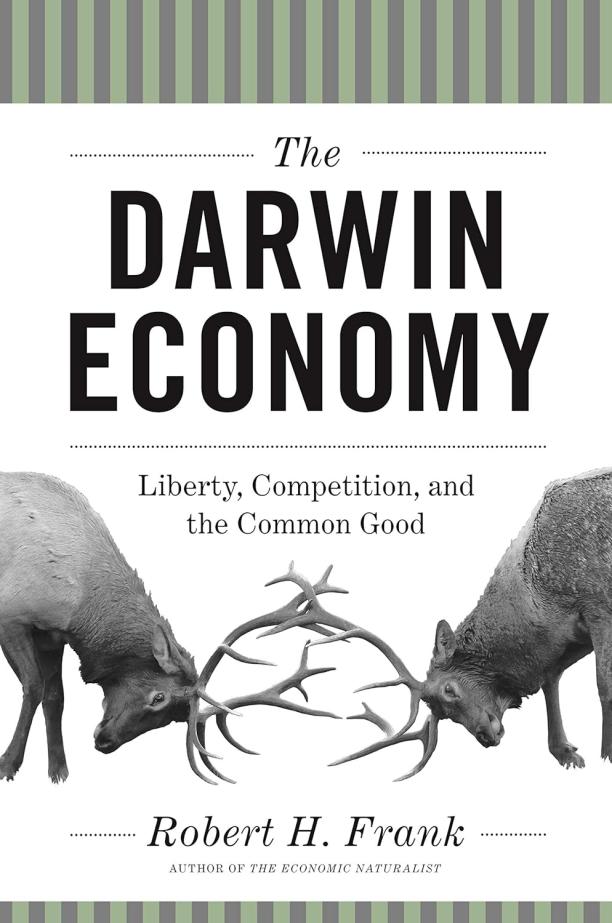The Darwin Economy
Liberty, Competition, and the Common Good
by:
Robert H. Frank
in:
Political Theory
Summary:
The book argues that Charles Darwin's understanding of competition describes economic reality more accurately than Adam Smith's, suggesting that individual interests often conflict with the common good. It proposes that public policies should be designed to align individual incentives with collective interests, advocating for measures like progressive consumption taxes to address the inefficiencies of unfettered markets.
Key points:
1. Darwin vs. Smith: Robert H. Frank believes Darwin's view of competition fits the economy better than Adam Smith's. He argues that self-interest doesn't always lead to the common good, challenging the idea that markets are perfectly efficient.
Books similar to "The Darwin Economy":
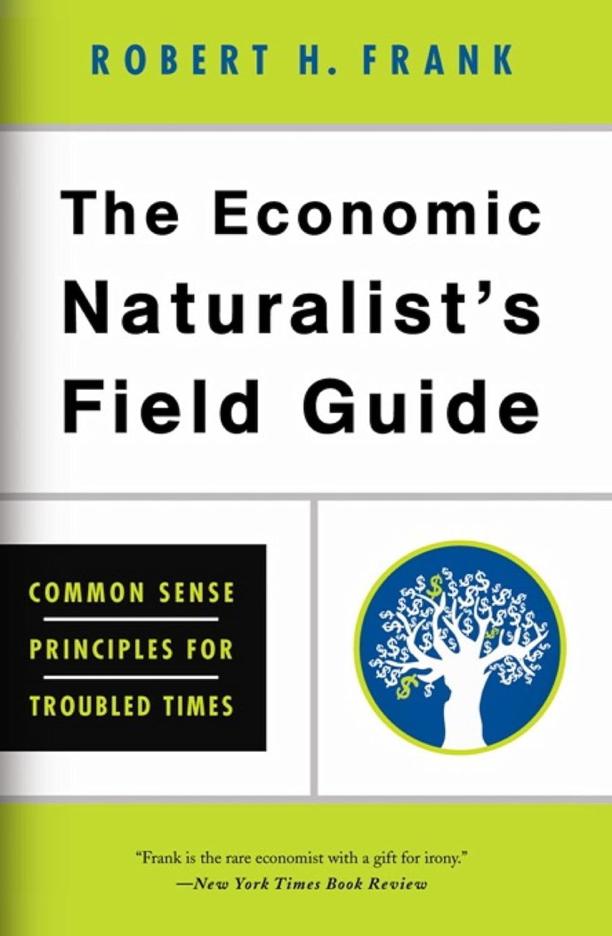
The Economic Naturalist's Field Guide
Robert H. Frank
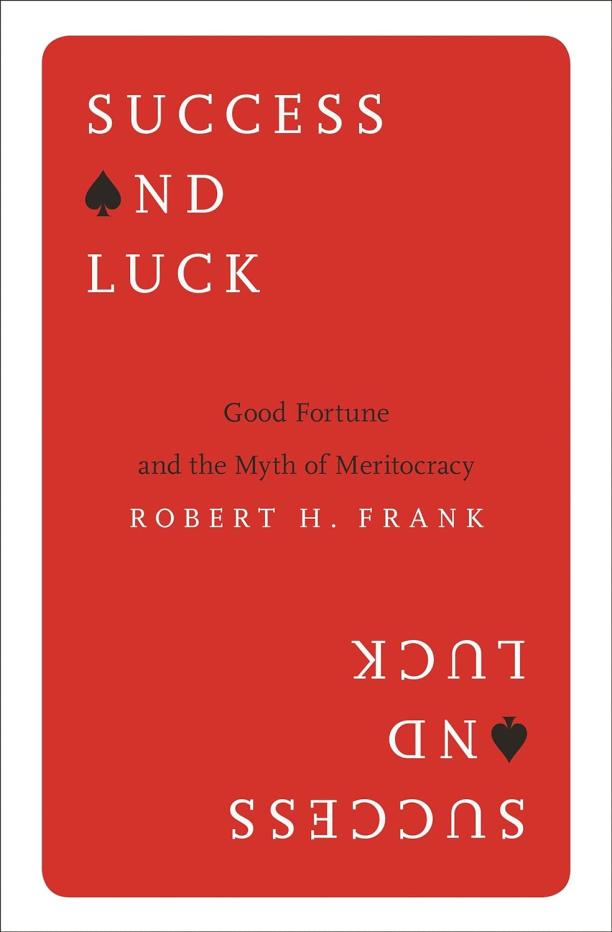
Success and Luck
Robert H. Frank
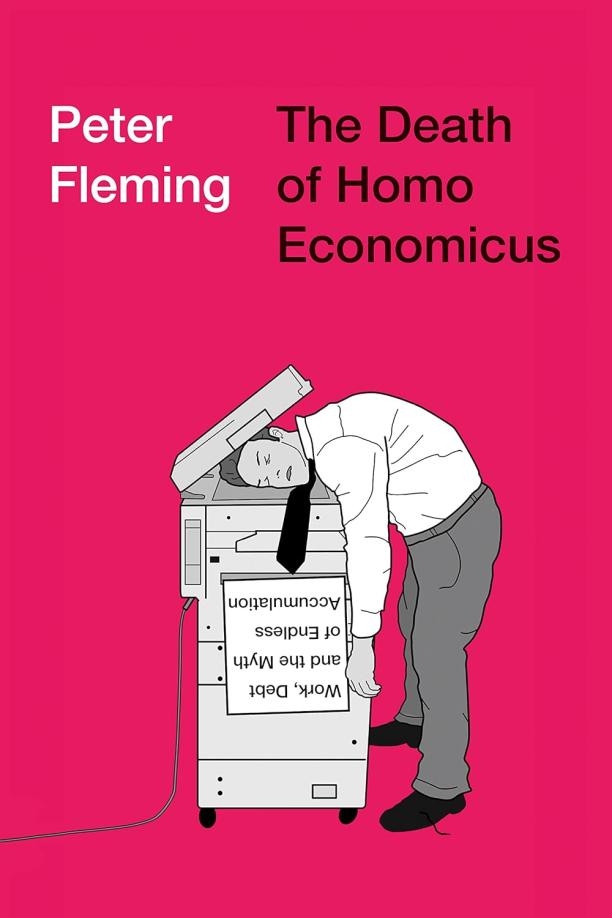
The Death of Homo Economicus
Peter Fleming
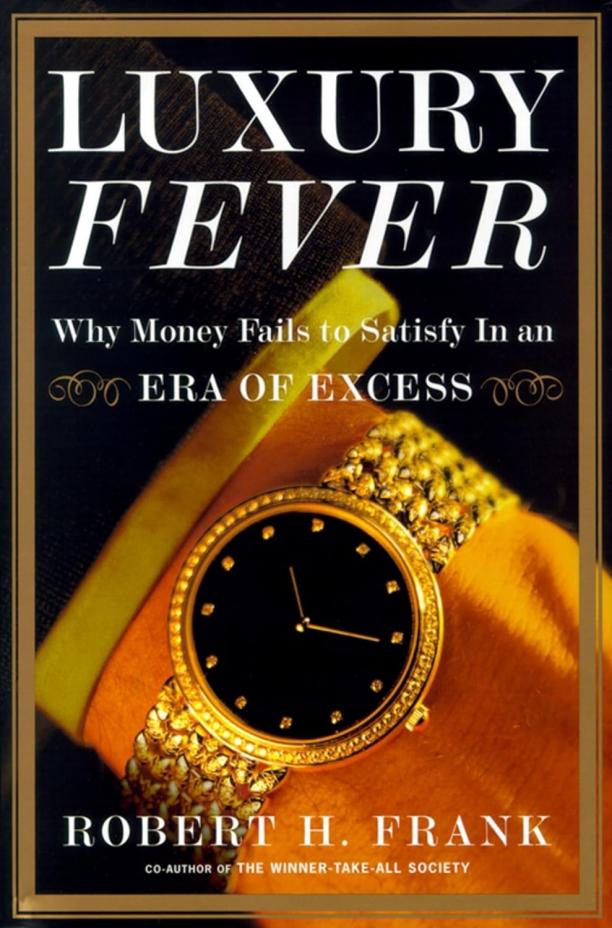
Luxury Fever
Robert H. Frank
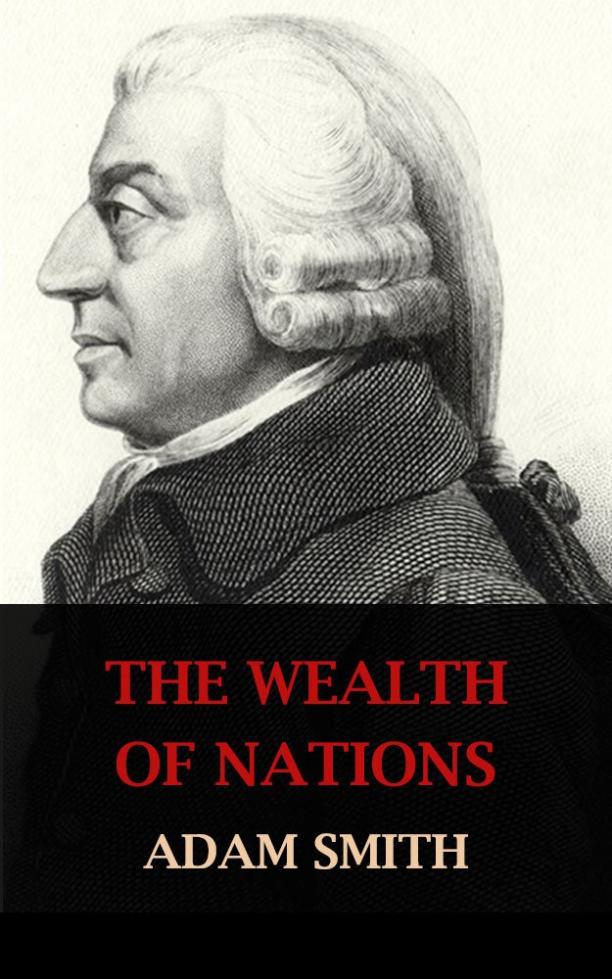
The Wealth of Nations (Unabridged and Illustrated)
Adam Smith
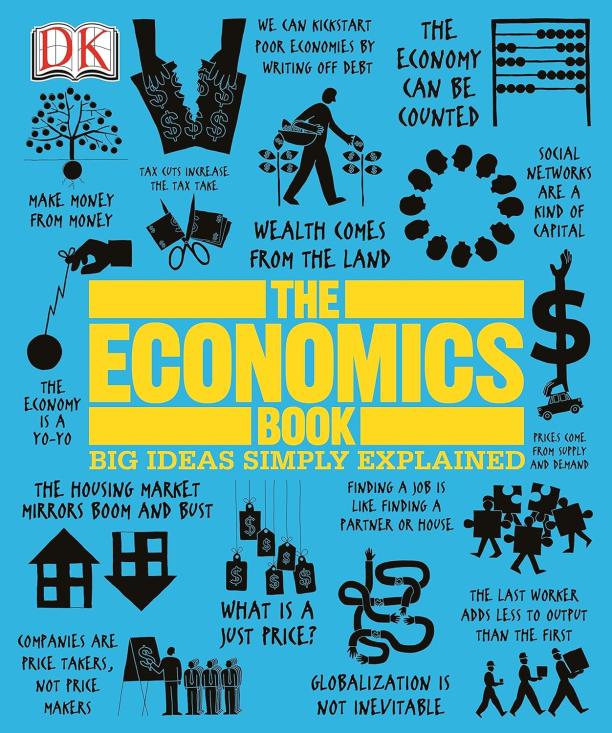
The Economics Book
Niall Kishtainy
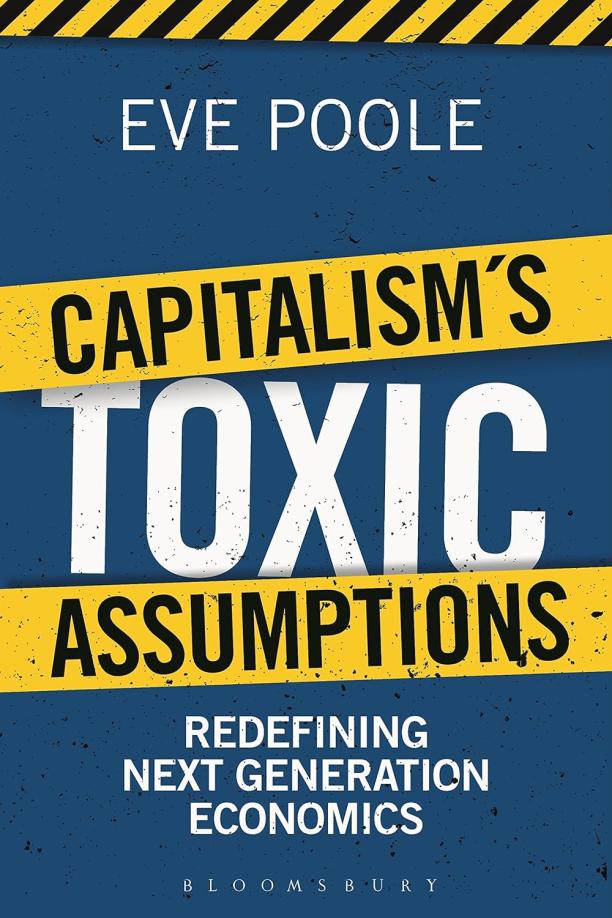
Capitalism's Toxic Assumptions
Eve Poole
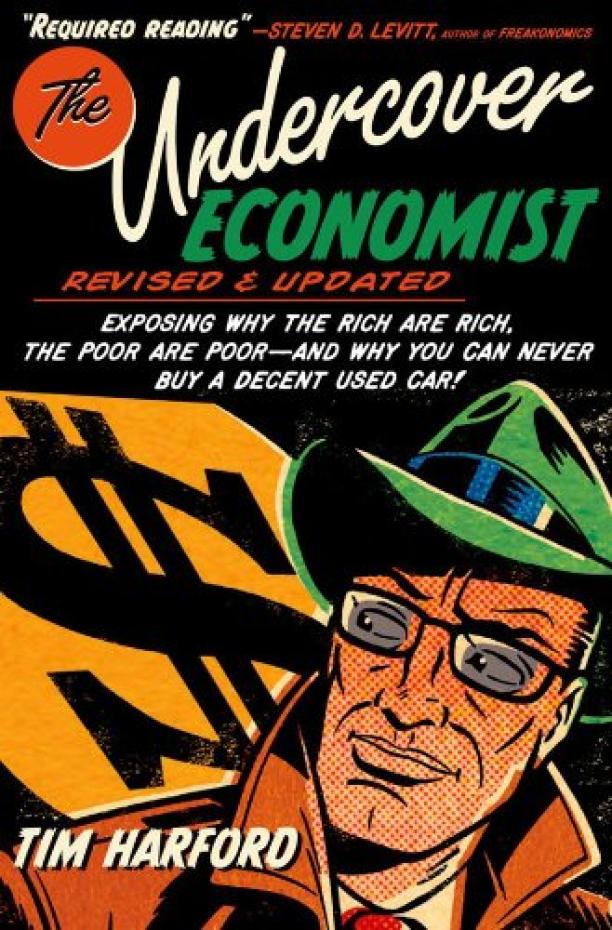
The Undercover Economist
Tim Harford
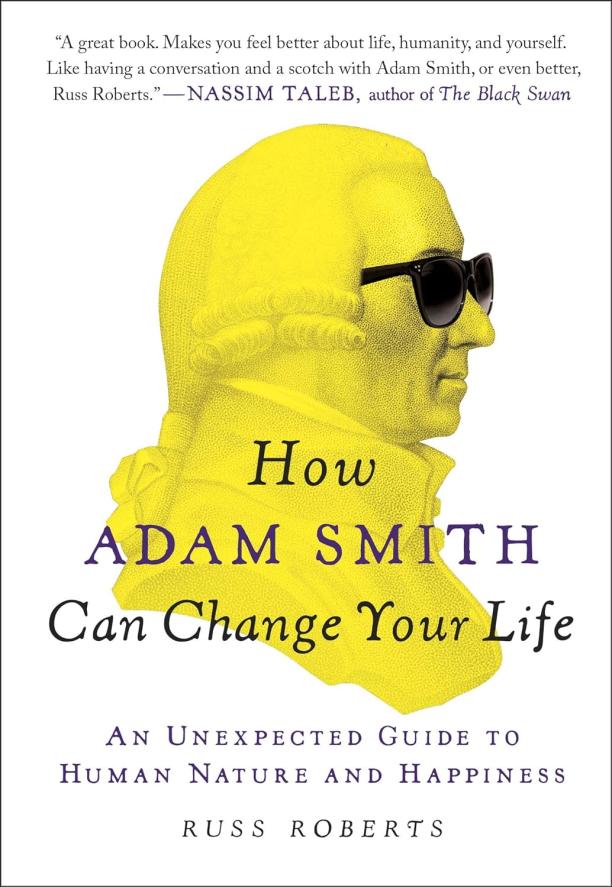
How Adam Smith Can Change Your Life
Russell D. Roberts
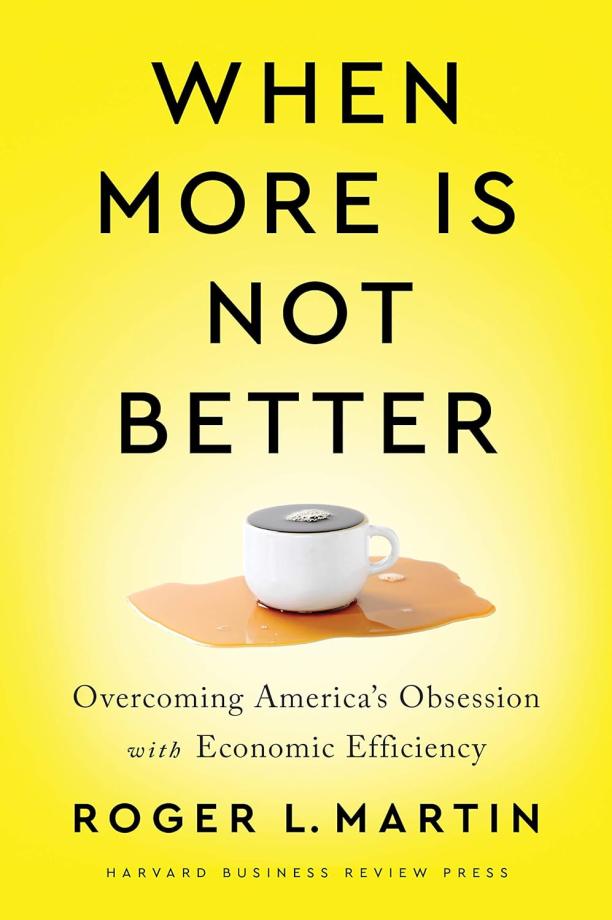
When More Is Not Better
Roger L. Martin
